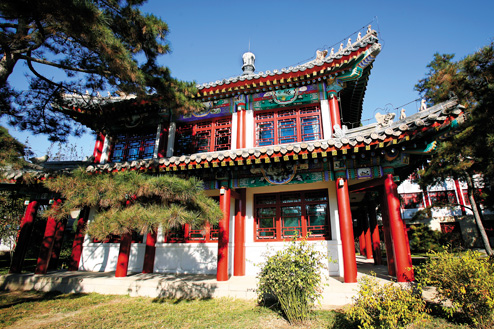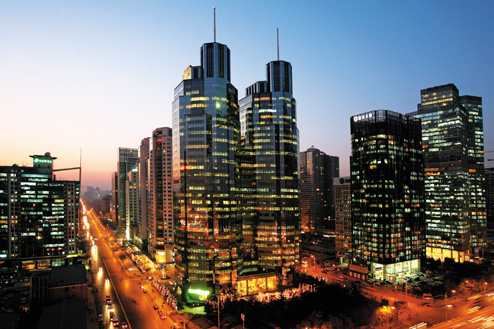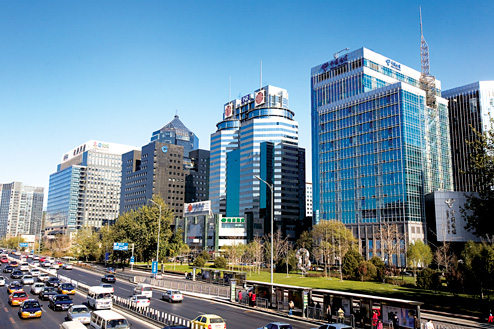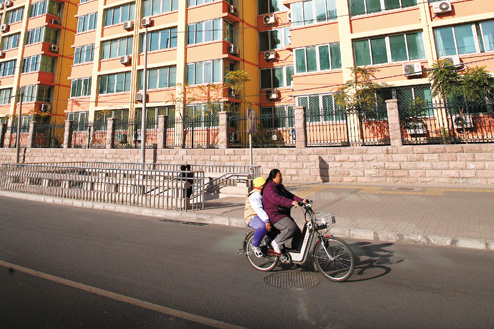Emergency Services
Beijing’s traffic and maze-like apartment complexes mean that ambulances can take a while to arrive. Furthermore, drivers don’t usually yield to emergency vehicles. It is much faster and cheaper, whenever safe, to take a cab. That said, if you need emergency services, dial 999 or 120 on any phone. English operators are slowly being added, but you should learn your address in Chinese.
It’s a good idea to carry an emergency card with information in both Chinese and English. This should list your name, address, passport and citizenship information, current medications, blood type, allergies, insurance information, and ‘ICE’ or ‘in case of emergency’ contacts. You should have one of these for each member of your family, and keep them handy. Children should also be informed of what to do in an emergency, and some clinics will provide cards that they can keep. Pre-registering at your hospital of choice can save time and hassle if something goes wrong.
If your family have an ayi to take care of children, consider having her trained in first aid and CPR. Several local clinics, including Beijing United, provide these programmes.
It’s a good idea to carry an emergency card with information in both Chinese and English. This should list your name, address, passport and citizenship information, current medications, blood type, allergies, insurance information, and ‘ICE’ or ‘in case of emergency’ contacts. You should have one of these for each member of your family, and keep them handy. Children should also be informed of what to do in an emergency, and some clinics will provide cards that they can keep. Pre-registering at your hospital of choice can save time and hassle if something goes wrong.
If your family have an ayi to take care of children, consider having her trained in first aid and CPR. Several local clinics, including Beijing United, provide these programmes.













